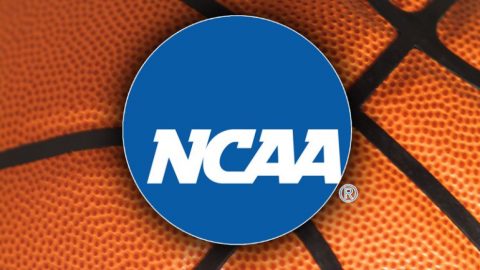New NCAA transfer rules and eligibility
The NCAA will give an extra year of eligibility for winter sports athletes. The new rules were formally proposed for the one-time transfer exemption and also how college athletes can be compensated for the use of their name, image, and likeness.
In August, the NCAA already approved to give all spring and fall sport athletes “an additional year of eligibility and an additional year in which to complete it” via a blanket waiver. It is now doing the same for athletes who participate in winter sports like men’s and women’s basketball.
It’s essentially a free year of eligibility compared to the usual term of eligibility given to college athletes: five years to complete four seasons of competition. Now, winter sport athletes will have six years to play five.

New NCAA transfer rules
The NCAA is also one step closer to adopting a rule that would allow Division I athletes in all sports to transfer to a new school and compete immediately without having to sit out once during their college career.
Presently, athletes have to sit out for a season when they transfer to a new school. The main exception is with athletes who have graduated with remaining eligibility. Those “graduate transfers” are granted immediate eligibility at a new school. Athletes in all other sports can participate immediately following a transfer.
The new NCAA transfer rules have now been formally adopted into the D-I Council’s legislative cycle and will be voted on at the NCAA’s annual convention in January. If approved, it would go into effect for the 2021-22 academic year.
Payments for image rights
The NCAA has taken another step toward introducing rules that would allow college athletes to be paid for the use of their name, image, and likeness. This has been a sensitive topic for many years, and in 2012 the players even sued the NCAA.
The rules would allow athletes to use their name, image and likeness to:
- Receive payment for autographs and personal appearances.
- Promote camps and clinics, private lessons, their own products and services, and commercial services.
- To crowdfund for nonprofits or charitable organizations, catastrophic events, and family hardships, as well as for educational expenses not covered by the cost of attendance.
- Use professional advice and marketing assistance regarding name, image, and likeness activities, as well as professional representation in contract negotiations related to name, image, and likeness activities, with some restrictions.
Athletes would not be allowed to use their school’s marks in any of their deals, nor would they be permitted to engage in business deals “involving a commercial product or service that conflicts with NCAA legislation.”
The timeline for the implementation of these rules is January. However, there could be Congressional action that supersedes the NCAA’s efforts. Several members of Congress have introduced legislation related to the world of college sports. Additionally, multiple states have their own state laws for the name, image, and likeness. Congress could end up setting nation-wide standards.
